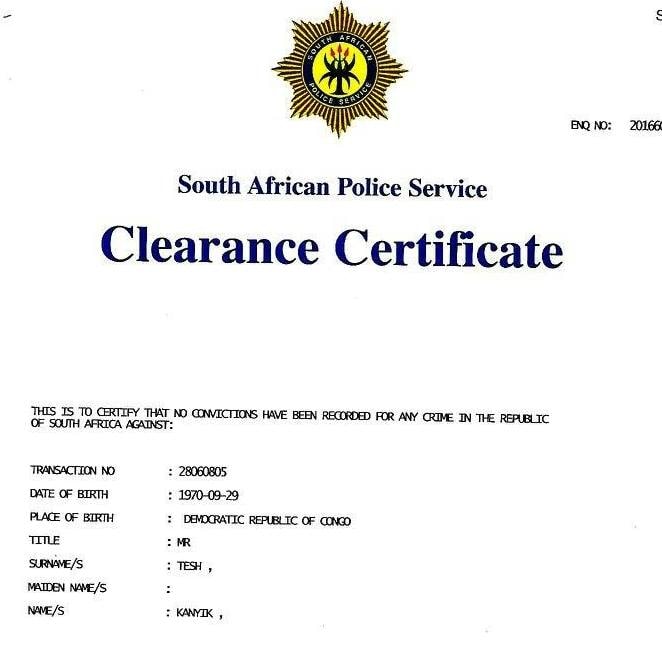Police checks are usually an essential component of any hiring process because they provide employers and decision makers with a peek into the potential criminal background of future applicants. In theory, a federal police check hasn’t any defined legal limit of validity. But does that make any sense at all?
Authorities Agree Keep Candidates Safe

Well, in theory, police checks have no validity whatsoever. And if companies really want to get involved in your own life, you can bet that they will figure out if you have ever been arrested or convicted of a crime, however minor. So why is this significant for companies? Well, it is about danger and employers are taking a calculated risk with employees-they don’t understand what future employers will find, particularly if they don’t get involved.
Authorities Agree Keep Candidates Safe
Now, some may argue that police checks do not actually have any bearing on an employee’s capacity to perform their job. After all, if you’re not planning to hire someone based solely upon a police clearance, then shouldn’t employers assume that everybody is innocent until proven guilty? The truth is that no police check ever guarantees the fact, and there’s always the chance that a worker could be involved in something behind their police clearance they were not even aware of. That is why employers have reason to have more involved with police clearance checks previously, to take the chance that the person they employ is really telling the truth in their own background.
However, getting involved in criminal activity in general is not precisely the best thing for a prospective employer to do. This is because the longer a project applicant stays used, the more likely it becomes that they will perpetrate crimes. Employers must be prepared to deal with this issue by not only assessing a potential employee’s police clearance status, but also their criminal record as well. In reality, the hiring supervisor could have difficulty letting someone with a record of violence or other criminal activities away from the hook, simply because it doesn’t make sense to take the risk of hiring someone with a prior criminal record.
Fortunately, employers are aware of this issue. Therefore, when applying for a job, they could request a police check, and if the possible employee has yet, they could expect it to stay valid for six months. In addition to police clearance checks being legal while on labour, they can also be extended after that period has expired. In reality, the majority of companies will request you and then expand it after a certain quantity of time has gone . It's not uncommon for them to ask one and then reestablish it later.
As a result of police checks, many employers have a policy of extending criminal histories. By way of example, some businesses may screen their prospective employees with their police checks prior to hiring them. They may also conduct interviews with potential employees before hiring them. But many more employers don’t practice this form of due diligence, and consequently, there are a great deal of job-seekers who have criminal records which they were not aware of when they went for interviews.
Employers should make it clear if they utilize police checks within their hiring practices. For example, an employer might say in their policy that they do not use them if hiring, however they might specify that they do if a prospective candidate asks them . Likewise, an employer may say they don’t use pre-employment screening when hiring, however they may describe to applicants why this is so and provide examples of various types of checks they do perform on people who apply for a job. Additionally, an employer might point out that they do possess some specific policies about these kinds of checks (by way of instance, they just hire applicants with a clean record), however they might not explain why those policies apply to specific people (such as prospective employees). Therefore, by way of instance, an employer might say in their policy that they don’t do police checks, but may afterwards explain to you the way they do when asked about specific candidates.
Police checks can be very practical for a number of purposes. Employers may use them to learn a great deal of information about a lawyer which they would otherwise not understand (for instance, if the applicant has had a previous criminal record), and they may also be used as a part of pre-employment screening for people who are applying for entry-level positions (there are several kinds of police checks available, including nationwide matching support and state criminal background databases). Job candidates who submit police checks may expect to be contacted by the police department or a law enforcement agency within a few days of submitting the form, so there is no waiting for weeks on the section of the job candidate to submit the form. As long as the NPcs get the authorities check from a trusted source, they’ll be able to verify the validity of the information reported on the police test.
